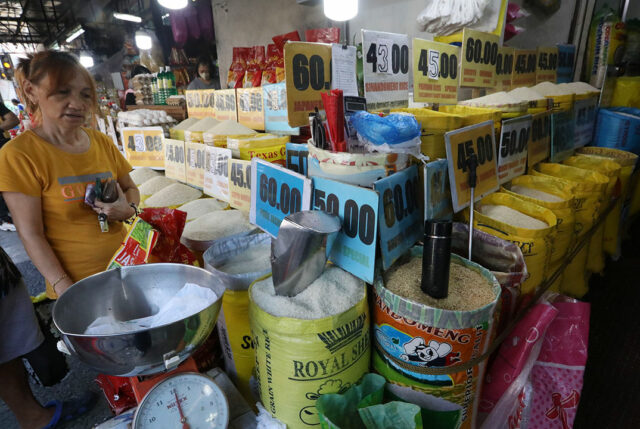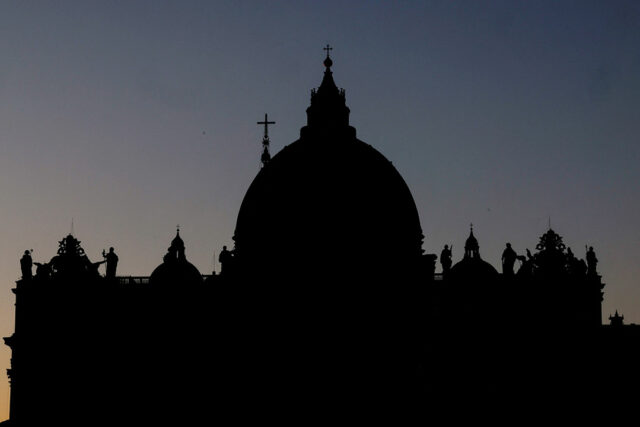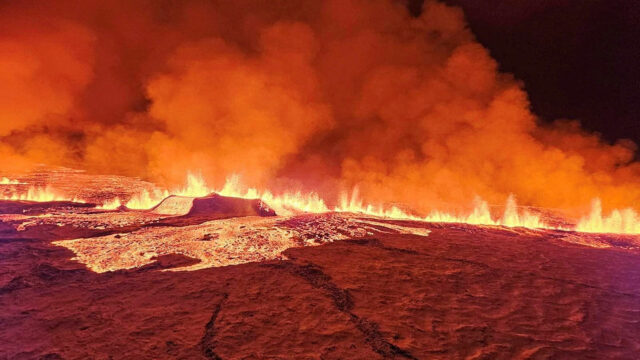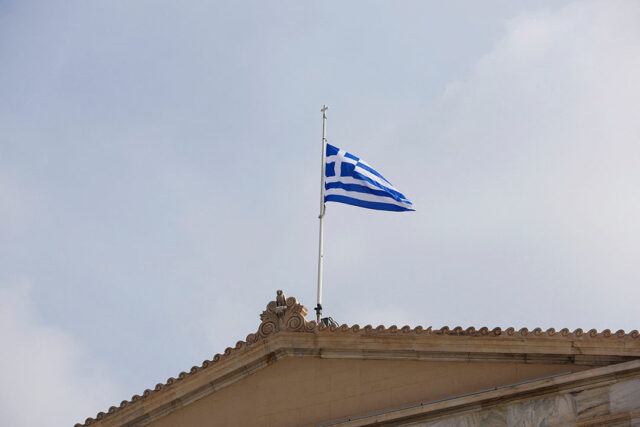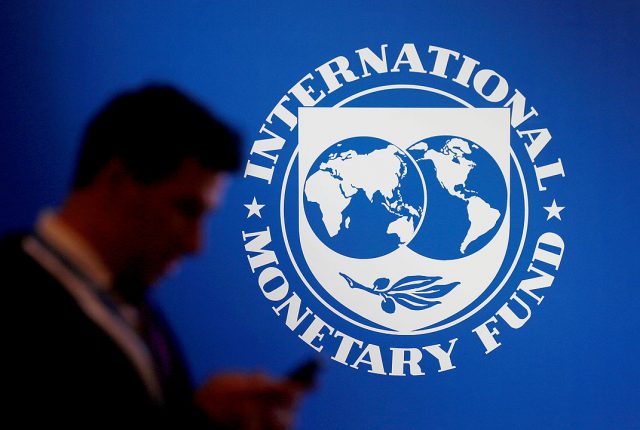GAZA/MANAMA/JERUSALEM — Several countries have agreed to jointly carry out patrols in the southern Red Sea and Gulf of Aden to try to safeguard commercial shipping against attacks by Yemen’s Houthi rebels, who say they are supporting Palestinians under siege by Israel in the Gaza Strip.
US Defense Secretary Lloyd Austin, on a visit to Bahrain, identified several countries taking part in an international force. It was unclear whether those countries are willing to do what US warships have done in recent days — shoot down Houthi missiles and drones and rush to the aid of commercial ships under attack.
“This is an international challenge that demands collective action. Therefore today I am announcing the establishment of Operation Prosperity Guardian, an important new multinational security initiative,” Mr. Austin said in a statement on Tuesday.
It identified participating nations led by the United States as including among others Bahrain, Britain, Canada, France, Italy, Netherlands, Norway, Seychelles and Spain.
The Iran-backed Houthis have waded into the Israel-Hamas conflict by attacking vessels in vital shipping lanes and even firing drones and missiles at Israel, more than 1,000 miles from their seat of power in the Yemeni capital of Sanaa.
Houthis attacked two commercial shipping vessels in the southern Red Sea on Monday, the US Central Command (CENTCOM) said in a statement. The chemical/oil tanker motor vessel Swan Atlantic was attacked by a drone and an anti-ship ballistic missile, it said. At about the same time in a separate incident, the bulk cargo ship MSC Clara reported an explosion in the water near its location, CENTCOM said.
There were no injuries reported by either vessel.
Houthi spokesperson Yahya Sarea on Monday identified the same vessels as being attacked and said drones were used because the crews failed to respond to calls from the group.
The Houthis have threatened to target all ships heading to Israel, regardless of their nationality, and warned international shipping companies against dealing with Israeli ports.
Mohammed al-Bukhaiti, a member of the Houthi politburo, told Al Jazeera on Monday his group would be able to confront any US-led coalition that could deploy to the Red Sea.
US Secretary of State Antony Blinken, in a call with Saudi Arabian Foreign Minister Prince Faisal bin Farhan on Monday, condemned the Houthi’s attacks on commercial vessels, the State Department said.
Meanwhile, Israel’s assault continued in Gaza where it has vowed to annihilate Hamas, the Islamist movement that like the Houthis is aligned with Iran.
A World Health Organization (WHO) official said on Monday that the Kamal Adwan hospital in northern Gaza that Israeli troops raided last week is no longer functioning and patients including babies have been evacuated.
“We cannot afford to lose any hospitals,” said Richard Peeperkorn, WHO representative for Gaza.
Peeperkorn also said about 4,000 displaced people taking refuge in the grounds of the Nasser medical complex in the southern Gaza city of Khan Younis were at risk as Israel pursues military operations there.
Early on Tuesday residents in areas of Khan Younis reported fierce gun battles between Palestinian fighters and Israeli forces. Israeli tanks and planes bombed areas near the city centre, residents said.
The Gaza health ministry said on Monday that 19,453 Palestinians had been killed and 52,286 wounded in the Israeli assault on the Hamas-ruled enclave in more than two months of warfare.
Israeli Prime Minister Benjamin Netanyahu has vowed to achieve total victory over Hamas, whose fighters killed 1,200 people and took 240 hostages in a surprise Oct. 7 raid into Israel, according to Israeli tallies.
Israel’s intensifying retaliation against Hamas has increased concern among governments and international organizations over the Gaza civilian death toll, hunger and homelessness.
Father-of-four Raed, 45, who has moved his family twice, said Gazans were exhausted trying to stay alive.
“Money has lost its value, most of the items are not available. We rose from our beds after surviving a night of bombardment to tour the streets searching for food, we got tired,” he said in the Rafah area. “We want peace, truce, ceasefire, whatever they call it, but please stop the war.”
While in Israel on Monday, US defense secretary Mr. Austin said Washington’s support for Israel was “unshakable” but he urged its ally to do more to protect civilians.
HAMAS RELEASES HOSTAGE VIDEO
Three elderly Israeli hostages, identified by Israel as 79-year-old Chaim Peri, 80-year-old Yoram Metzger and 84-year-old Amiram Cooper, were seen in a video released by Hamas on Monday.
The three men, all with beards, are seen sitting next to each other in the video, which Hamas posted to Telegram.
Sitting in the middle, Mr. Peri speaks to the camera, saying he and other elderly hostages who have health issues are “suffering greatly in very harsh conditions.”
He pleaded for Israel to secure their unconditional release.
Israel and Hamas agreed to a week-long ceasefire at the end of November, mediated by Qatar and Egypt, that included the release of more than 100 hostages in Gaza in exchange for 240 Palestinian women and teenagers from Israeli jails.
The heads of the US CIA and Israel’s Mossad and Qatar’s prime minister were expected to meet and discuss the possible release of more hostages, US officials said on Monday. — Reuters




